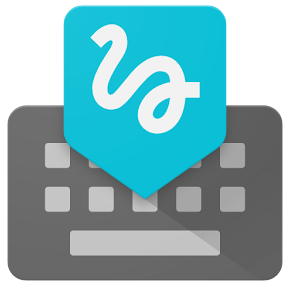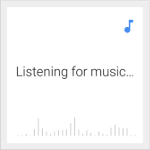
To provide users with meaningful answers and deep conversations in multiple
domains and languages, we are building technologies based on deep learning and
pushing the boundaries on topics like NLU and question answering.

Teams in Zurich are responsible not only for developing the engine for Knowledge
Graph, but also for machine learning based transliteration for language pairs in
order to power Knowledge Graph and Translate with the most relevant translation
for local users.

Google Handwriting Input lets users hand-write text on their Android mobile
device as an additional input method for any Android app. Google Handwriting
Input supports 98 languages in 24 distinct scripts, and works with both printed
and cursive writing input with or without a stylus.

Our teams are working towards bringing various types of Machine Intelligence to
your mobile devices. One example is the Google app on Android, which can identify
ambient music with a tap of the finger, or a voice command.

We know that your time is valuable, and that you shouldn’t have to wait long for
a web page to load. That’s why we developed and open sourced a data compression
algorithm that achieves typically 17-25% denser compression than gzip while
offering similar decompression speed.

We play a major role in Unicode: from the encoding standard, to
internationalization and localization, to the core internationalization library
for Google, Android, Chrome, as well as developed a font family called Noto,
which aims to support all languages with a harmonious look and feel.





